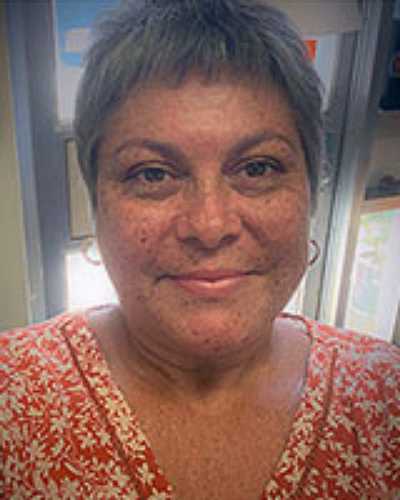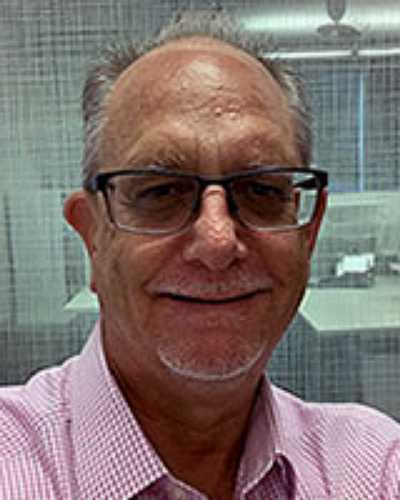Now published, see the full article 
Early Abstract:
Introduction: Cultural immersion can be an effective method of health professional student cultural learning, and as part of interprofessional learning. This evaluation aims to report the views of staff and Aboriginal and Torres Strait Islander contributors about a cultural immersion program, as well as the student perspective.
Methods: Semi-structured interviews with staff (n=11 non-Aboriginal, n=3 Aboriginal) and Aboriginal contributors (n=3) were conducted after the 2020 immersion program. Data were collected from 138 student participants following the 2018 (n= 45), 2019 (n= 33) and 2020 (n= 60) remote health experience immersion weekends. Seven staff of the 2020 weekend provided written feedback about their experiences. Qualitative data were analysed thematically, and quantitative results scored from ratings on a 5-point scale, presented as means, SDs and percentage of respondents agreeing or strongly agreeing with evaluative statements.
Results: Results are presented under the four themes that were identified; (1) understanding remote practice, (2) Aboriginal culture, (3) working together and learning from each other, and (4) ongoing opportunities. Feedback from students and staff was overwhelmingly positive with learning occurring in each of the intended areas. Relationship building and embedding Aboriginal and Torres Strait Islander culture and knowledge throughout the weekend were seen as invaluable components.
Conclusion: The Katherine Remote Health Experience is a valuable, immersive introduction to remote health practice for students from multiple disciplines. As a standalone event it has developed positive relationships, improved knowledge, and encouraged students to consider practicing outside of metropolitan areas. There is scope to further develop pathways into remote practice for interested students.




